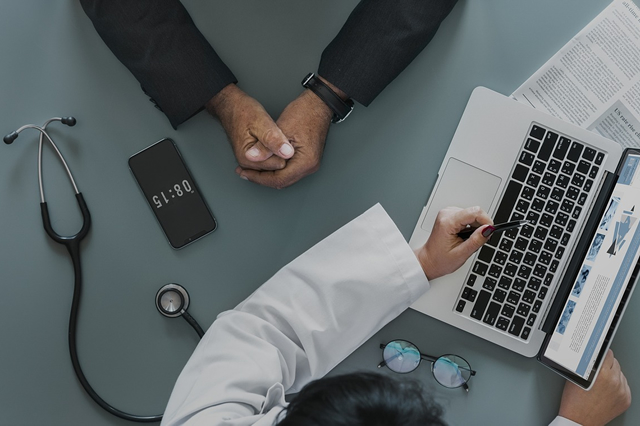Colon Cancer: Don't Wait for Symptoms Before Getting Screened

I am a 55-year-old relatively healthy male who has no problems with digestion or anything related to the colon. But my family doctor is insisting that I get a colonoscopy because "it's time." I hate to go through all the pain and discomfort for something that isn't necessary. What is your advice?
First, without knowing all your medical history, I can only advise based on what you have told me. I should also clarify before answering your question that a colonoscopy is not painful and the only discomfort you might experience is the process of emptying the colon prior to the procedure -- a small price to pay for something that could save your life.
Now to your question. There are a number of ways to screen for colon cancer, some are more invasive than others. The colonoscopy is the gold standard because, unlike other screening modalities, it is able to detect polyps, as well as screen for colon cancer at the same time, where other screening tests may not detect polyps.
Removing polyps, cancerous or not, is how the colonoscopy can help prevent the spread of cancer.
Tissue can then be taken from any area of concern and polyps can be removed before they develop into colorectal cancer. Removing polyps, cancerous or not, is how the colonoscopy can help prevent the spread of cancer.
The American Cancer Society as well as multiple other GI societies established the age of 50 as the age at which most men and women should have their first colonoscopy. If the first one comes back clear, the patient is usually advised to wait 10 years before having the next one.
If you are concerned about your doctor's advice and are squeamish about the invasive nature of the colonoscopy, please take the time to familiarize yourself with other less invasive tests such as the guaiac-based fecal occult blood test (gFOBT), or fecal immunochemical test (FIT), or the stool DNA test (sDNA) and discuss these options with your doctor.
In your question, you mentioned that you are relatively healthy. But please keep in mind, early colorectal cancer has no symptoms. To wait until symptoms occur would be a mistake because treatment is most effective when the cancer is found early.
I would also encourage you to maintain a healthy lifestyle by being active, keep a healthy weight, eat right and limit alcohol.
To learn more about colorectal cancer, I urge you to visit www.cancer.org/colon, or call 1-800-227-2345 and talk to one of the American Cancer Society's information specialists.
Today's question was answered by Jonathan Hlivko, MD, gastroenterologist at Aultman Alliance Community Hospital.